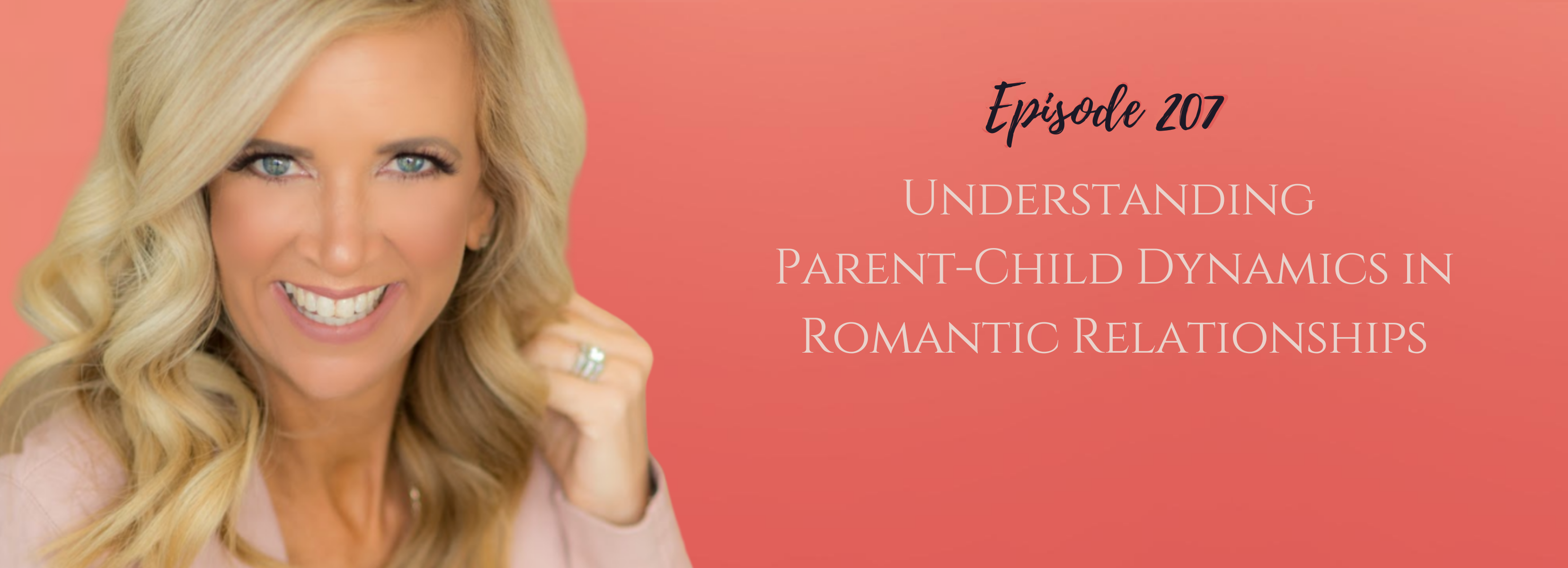
Understanding Parent-Child Dynamics in Romantic Relationships| 4.5.2023
In this episode, Kristen talks about what a parent-child dynamic looks like, how it plays out in romantic relationships and how to work through it.
You'll Learn
- Why do we take on the parent/child roles in our relationships
- What to do when your inner child comes out in your marriage
- How to change the parent-child dynamic in a relationship
- The role of a healthy adult in romantic relationships
Resources
Life Transitions with Lois Bushong
14 Signs You Were a Parentified Child
For counseling services near Indianapolis, IN, visit www.pathwaystohealingcounseling.com.
Subscribe and Get a free 5-day journal at www.kristendboice.com/freeresources to begin closing the chapter on what doesn’t serve you and open the door to the real you.
Subscribe to the Close the Chapter YouTube Channel
This information is being provided to you for educational and informational purposes only. It is being provided to you to educate you about ideas on stress management and as a self-help tool for your own use. It is not psychotherapy/counseling in any form.